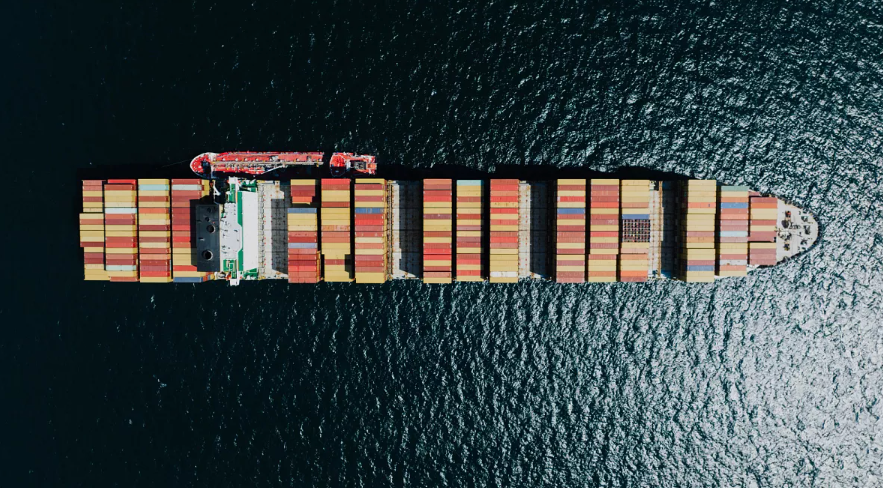
If adopted, the levy would mark the world's first global carbon pricing system—a potentially game-changing move for an industry responsible for nearly 3% of global CO₂ emissions. But geopolitical tensions are already threatening to derail consensus.
The proposal, under discussion at the International Maritime Organization's (IMO) Marine Environment Protection Committee, aims to place a fixed price on every tonne of CO₂ emitted by ships. Backed by more than 60 countries, many of them small island states, the measure is intended to align the shipping industry with the global goal of net-zero emissions by 2050.
"Without this levy, IMO's climate targets are meaningless," said Albon Ishoda, the Marshall Islands' special envoy for maritime decarbonisation.
A Divided Table: Fixed Levy vs Carbon Credit Trading
Supporters argue that a uniform carbon price—expected to range between $60 and $300 per tonne—would provide a clear incentive for the industry to transition to cleaner fuels and technologies. Revenues generated would be channeled into helping vulnerable nations adapt to climate change and support the rollout of low-carbon shipping solutions.
The shipping industry itself has shown measured support. The International Chamber of Shipping, representing over 80% of the world's commercial fleet, called the proposed pricing model "the most effective way to incentivise a rapid energy transition in shipping."
Yet not all countries are on board. China, Brazil, Saudi Arabia, and South Africa are promoting a credit trading system, allowing cleaner vessels to earn and sell emissions allowances. Critics say this model favors wealthier fleets and risks undermining real emissions cuts.
U.S. Opposition Raises Stakes
Adding to the tension, the United States has issued a veiled warning against any carbon tax plan that might impose "unfair" costs on its shipping sector. In a letter circulated to embassies and seen by Politico, the U.S. threatened to impose "reciprocal measures" if American ships are subjected to new international levies.
The Biden administration, which has previously supported global climate action, is notably absent from this week's IMO discussions—a move that has sparked concern among climate advocates.
Why Shipping Can't Be Left Behind
Shipping underpins 80% of global trade, yet it remains one of the most difficult sectors to decarbonize due to its international nature and lack of direct oversight. Emissions from the sector surged by 15% between 2012 and 2023, reaching over 700 million tonnes of CO₂ annually—comparable to those of an entire major economy.
In the European Union alone, maritime transport accounts for 14% of transport-related emissions, trailing only road transport and equalling aviation.
Experts warn that without intervention, shipping emissions could rise sharply in the coming decades, undermining broader climate targets.
The Path Ahead: Decision Expected by October
While momentum is building for a global carbon levy, any agreement must overcome significant political and economic hurdles. With the U.S. threatening retaliation and key emerging economies pushing back, negotiators face a tough road ahead.
Should a deal be reached and the regulations finalized, formal adoption is expected by October. If ratified, the rules would come into force in 2027—marking the beginning of a new era for maritime climate accountability.